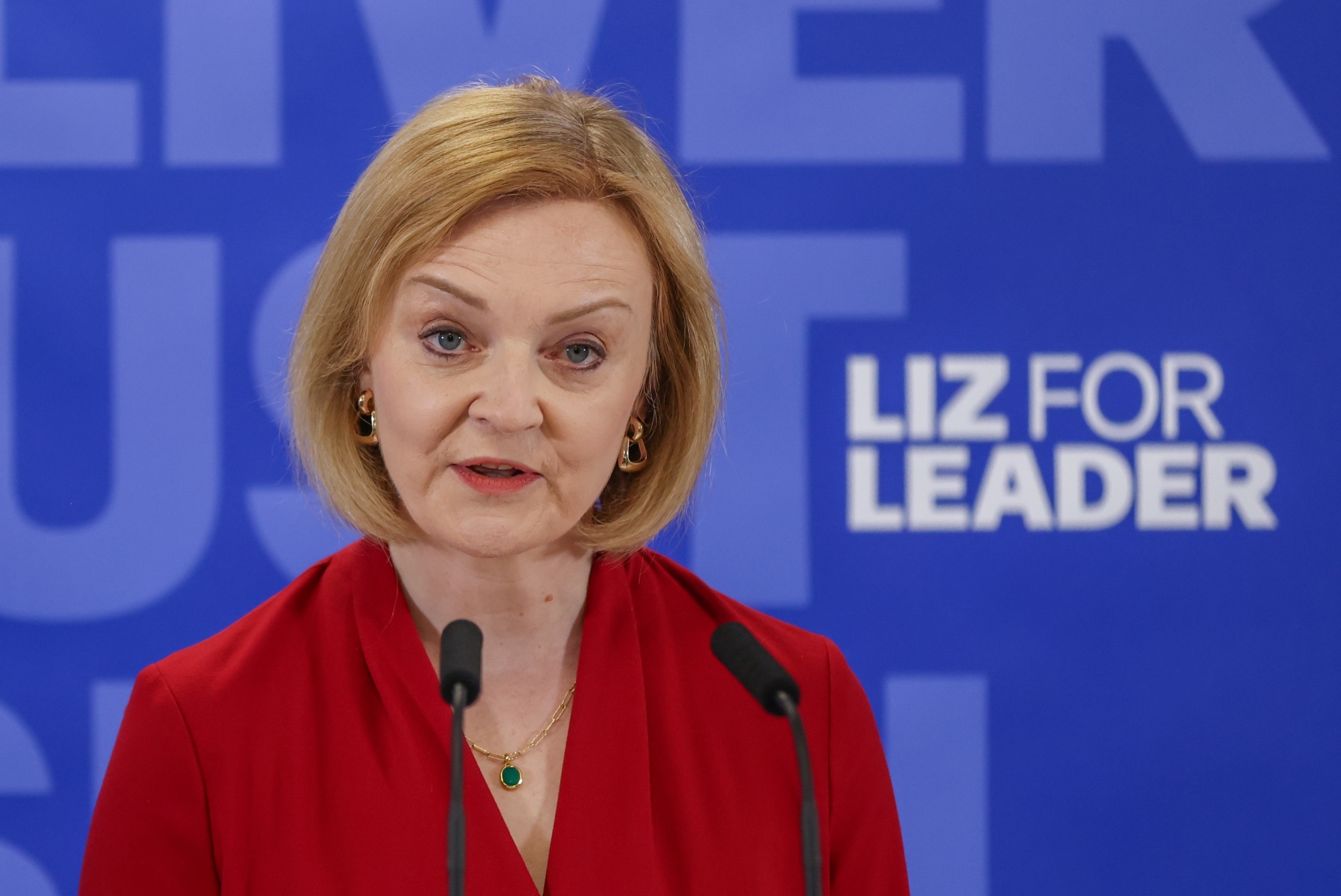UK Prime Minister Liz Truss has confirmed that in 2023, Britain will meet or exceed the amount of military aid that it spent on Ukraine this year.
“My message to the people of Ukraine is this: the UK will continue to be right behind you every step of the way. Your security is our security”, Truss told reporters on Monday ahead of her visit to New York City (NYC) to take part in an annual United Nations General Assembly (UNGA) session.
In her upcoming UNGA speech, the British PM is expected to pledge “military aid worth billions [of pounds],” according to the BBC.
Sky News, in turn, reported that Truss may use her trip to NYC “to underscore the UK’s long-term commitment to Ukraine” as Russia continues its special military operation in the country.
The UK remains Ukraine’s second largest military donor after the US, committing £2.3 billion ($2.6 billion) and providing Kiev with hundreds of rockets, air defense systems, and non-lethal military equipment.
Russia has repeatedly slammed the West over its arms supplies to Ukraine, pointing out that it emboldens Kiev to ignore the diplomatic paths to resolving the Ukraine crisis. Since the Western countries intensified their weapons supplies to Ukraine after the start of the Russian special operation on February 24, Kiev halted negotiations with Russia and its officials have started to claim that they would only end hostilities when Russian forces are expelled from parts of Ukraine, Donbass and Crimea.
As for Truss’s promise to send more military aid to Ukraine, it comes as the UK remains in the grip of the cost-of-living crisis amid soaring inflation and fuel prices.
Earlier this month, the British PM announced that in line with her plan to tackle the crisis, which is purportedly worth £150 billion ($171 billion), energy bills would be capped at £2,500 ($2,857) per year from October 1st. She added that the phased-in measure would last for two years to save a typical household around £1,000 ($1,143) a year and help cope with soaring living costs.
Opposition parties were quick to warn that the government’s plan to ease the cost-of-living crisis without taxing energy companies would burden Britons with debt. Labour leader Keir Starmer, for his part, argued that the freeze would force taxpayers to “foot the bill.” Lib Dem leader Ed Davey in turn insisted that “this phony freeze will still leave struggling families and pensioners facing impossible choices this winter as energy bills almost double.”
The rising cost of living has already hit millions of UK households, prompting tens of thousands of rail and postal workers to go on strike. Last month’s study conducted by the University of York suggested that at least 45 million Brits may be in the grip of fuel poverty by January 2022 due to the looming energy price cap increase.
The study referred to a move by the UK energy regulator Ofgem, who revealed in late August that the energy price cap would rise 80% to £3,549 ($4,056) per year for an average household from October 1st.
Source: Agencies (edited by Al-Manar English Website)




